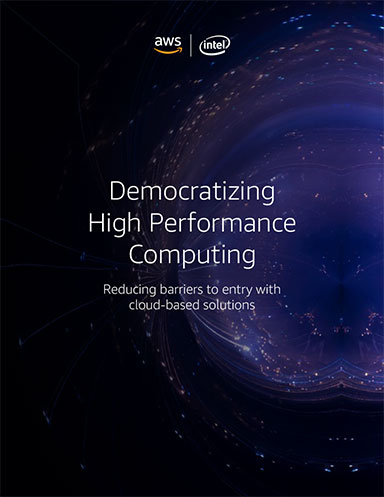NVIDIA Released RTX 2000 Ada Generation GPU
This new small compact GPU that delivers performance, versatility and AI capabilities for professionals, the company reports.

Powered by NVIDIA RTX technology, the new GPU delivers realism in graphics, according to NVIDIA.
Latest News
February 12, 2024
The new NVIDIA RTX 2000 Ada Generation GPU delivers the latest artificial intelligence (AI), graphics and compute technology to compact workstations, offering increased performance compared to previous-generation RTX A2000 12GB in professional workflows, NVIDIA notes.
With 16GB of memory in the RTX 2000 Ada, professionals can tap the latest technologies and tools to work faster and better with their data, according to NVIDIA.
Powered by NVIDIA RTX technology, the new GPU delivers realism in graphics with NVIDIA DLSS, delivering photorealistic ray-traced images. In addition, the RTX 2000 Ada enables an immersive experience for enterprise virtual-reality workflows, such as for product design and engineering design reviews.
With the new RTX 2000 Ada, product designers and engineers using industrial PCs can iterate rapidly on product designs with fast, photorealistic rendering and AI-powered generative design. Content creators can edit high-resolution videos and images, and use AI for realistic visual effects and content creation assistance.
In embedded applications and edge computing, the RTX 2000 Ada can power real-time data processing for medical devices, optimize manufacturing processes with predictive maintenance and enable AI-driven intelligence in retail environments.
“The new NVIDIA RTX 2000 Ada—with its higher-efficiency, next-generation architecture, low power consumption and large frame buffer—will benefit SOLIDWORKS users,” says Olivier Zegdoun, graphics applications research and development director for SOLIDWORKS at Dassault Systèmes. “It delivers excellent performance for designers and engineers to accelerate the development of innovative product experiences with full-model fidelity, even with larger datasets.”
Workflows With Next-Generation RTX Technology
The NVIDIA RTX 2000 Ada features the latest technologies in the NVIDIA Ada Lovelace GPU architecture, including:
- Third-generation RT Cores: Faster ray-tracing performance for high-fidelity, photorealistic rendering.
- Fourth-generation Tensor Cores: Up to 1.8x AI throughput over previous generation, with structured sparsity to enable higher inference for AI-accelerated tools and applications.
- CUDA cores: Up to 1.5x the FP32 throughput of the previous generation for improvements in graphics and compute workloads.
- Power efficiency: Up to a 2x performance boost across professional graphics, rendering, AI and compute workloads, all within the same 70W of power as the previous generation.
- Immersive workflows: Up to 3x performance for virtual reality workflows over the previous generation.
-
16GB of GPU memory: An expanded canvas enables users to tackle larger projects, along with support for error-correction code memory to deliver greater computing accuracy for critical applications.
DLSS 3: Delivers AI-powered graphics.
AV1 encoder: Eighth-generation NVIDIA Encoder, aka NVENC, with AV1 support is more efficient than H.264.
Sources: Press materials received from the company and additional information gleaned from the company’s website.
More NVIDIA Coverage
Subscribe to our FREE magazine, FREE email newsletters or both!
Latest News
About the Author
DE’s editors contribute news and new product announcements to Digital Engineering.
Press releases may be sent to them via DE-Editors@digitaleng.news.






